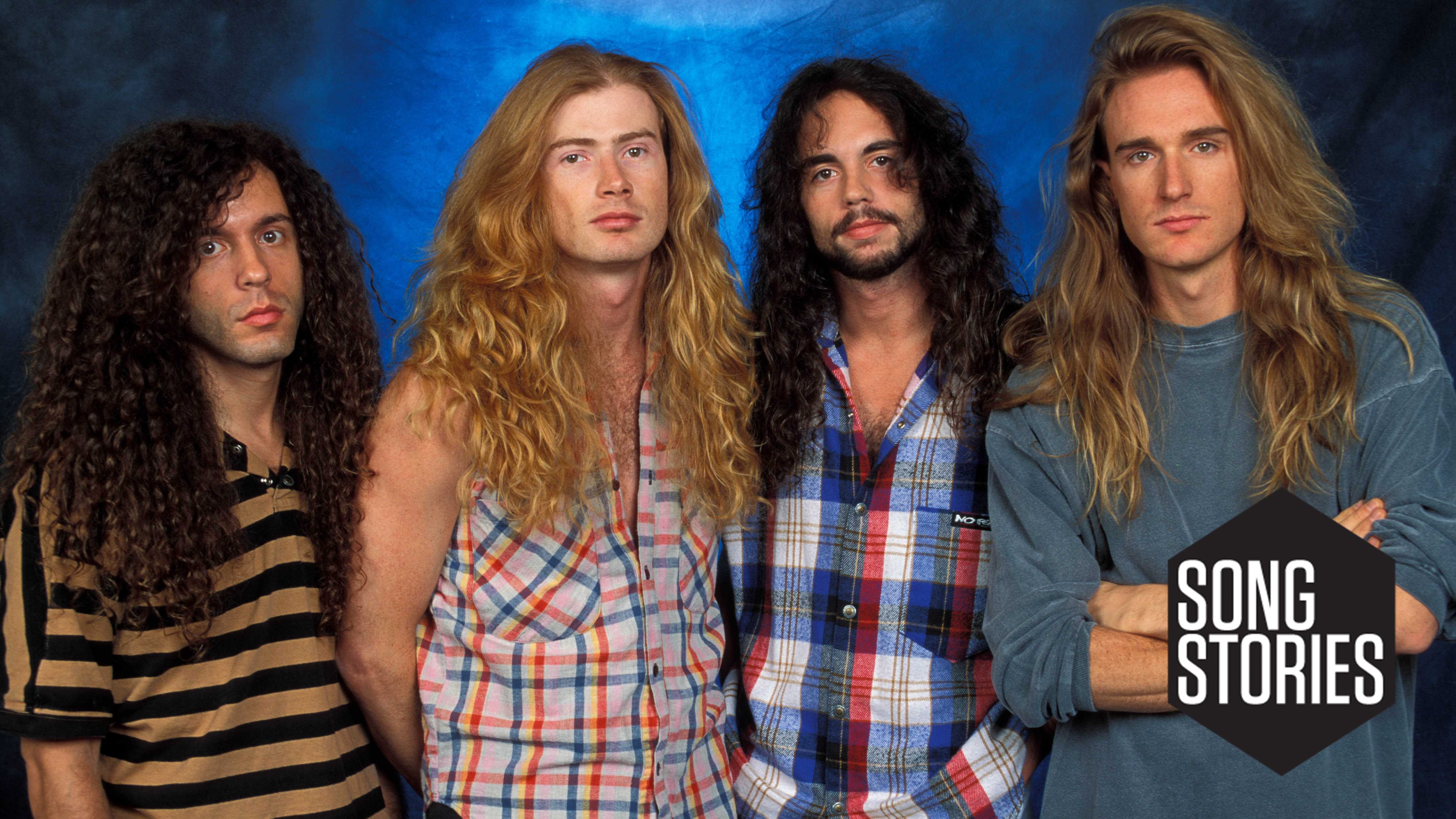
Join us for our traditional look back at the news and features that floated your boat this year.
Best of 2023: Rust In Peace is considered by many fans to be Megadeth’s finest hour, and for good reason. Featuring main man Dave Mustaine on peak form as a player and songwriter, bolstered by the debut of virtuoso guitarist Marty Friedman, the 1990 album is a landmark for metal guitar – it’s technical, melodic and aggressive, both from a rhythm and lead perspective. While songs Holy Wars… The Punishment Due and Hangar 18 are rightly the first big guns that spring to mind from the band’s fourth album, also notable is a live favourite with the finest solo on the whole record: Tornado Of Souls.
Back in 2011, Guitarist magazine held an online poll to discover what guitar fans consider to be the greatest solos of all time; Tornado Of Souls was placed at number 10 and the only representative of the metal genre to make the top 20. On reflection, the performance was probably Friedman’s greatest creative contribution to the band, which he quit rather acrimoniously in 2000 but reunited with for a few special guest live appearances with in 2023.
It may be an example of a lead Mustaine didn’t have a fretting hand in, but there’s still plenty of his influence to be celebrated in the song. The unusual use of aggressive, urgent riff work throughout and muted, natural harmonics for the intro, for example, as well as Maiden-style twin harmonies in the midsection. The subject matter is also very much from Mustaine.
On Rust In Peace themes of conflict (Holy Wars…, Take No Prisoners, Rust In Peace… Polaris), UFO conspiracy (Hangar 18) and ghosts (Lucretia) loom. But Tornado Of Souls is very much a personal song. Though some of its lyrics seem metaphorical, Mustaine has said the track is about the breakdown of the dysfunctional relationship with his then-fiancée, Diana, after being engaged for six years.
“Tornado Of Souls became my way of dealing with the end of that relationship,” explained Mustaine in last year’s A Life In Metal autobiography. “Really, that’s all it was, an explanation of how I was feeling at the time. Lyrical references aside, it was not a song about murder or death. It was about the decay that comes with being stuck in a bad relationship.”
Friedman’s solo eclipses the personal drama. It’s a tour de force of technique and highly creative phrasing in the natural B minor and B dorian scales. It has smooth legato, bends, tasty arpeggios with economy and sweep-picking used in an unpredictable but melodic way. Mustaine clearly knew what he was doing when he hired Marty.
In shredder circles, the 28-year-old Friedman’s name was already highly regarded when he replaced Jeff Young in Megadeth. In his late teens, the guitarist developed his own take on neoclassical playing, and by 1986 he’d joined with a like-minded virtuoso called Jason Becker in instrumental shred band Cacophony. After two albums together (Friedman’s first solo album Dragon’s Kiss was also released in 1988), the band split up when Becker joined David Lee Roth’s outfit and Friedman then got the call to audition for Megadeth.
Mustaine’s first impressions weren’t promising: “I picked up the record [Dragon’s Kiss], tried not to laugh,” Mustaine recalled in A Life In Metal. “On the cover, Marty wore some sort of shimmering leather jacket (or jumpsuit; it was hard to tell) open to the waist. His hair had been styled into long, flowing, two-tone curls.”
Yet the Megadeth leader soon changed his tune: “Less than two minutes into the first track I was sold. More than that actually. I was shocked. This guy wants to join us?” Marty went on to ace his audition. The first Megadeth album he played on, Rust In Peace, marked a new chapter for the band, featuring the recorded debut of not just Friedman but also drummer Nick Menza.
We went into the studio armed with a bunch of great songs and a commitment to playing fierce and sober, like the greatest thrash metal band on the planet
“By just about every conceivable standard, Rust In Peace was a watershed event for Megadeth,” Mustaine reflected in A Life In Metal. “Megadeth was back to being a powerhouse four-piece band, one that had the potential to surpass even the line-up that had produced our first two records. We went into the studio armed with a bunch of great songs and a commitment to playing fierce and sober, like the greatest thrash metal band on the planet.” They sound like it on Tornado Of Souls.
Never a man to hand out superlatives to others without well-earned reason, Mustaine was definitely impressed with his new guitarist’s lead performance on the album.
One thing that most people don’t realise is that on every Megadeth record, I play the majority of the rhythm parts, with only a little embellishment from the other guitarist
“By the time we went into the studio with Marty, the album was already completely written,” Mustaine told Guitar World in 2010. “And one thing that most people don’t realise is that on every Megadeth record, I play the majority of the rhythm parts, with only a little embellishment from the other guitarist. So all Marty had to do was put the solos on the top of everything, and he did a great job.”
Of all those solos, Tornado Of Souls was the one Megadeth’s chief was most taken with. As Friedman recalled on his website: “When I finished the solo to this one, Mustaine came into the studio, listened to it once, turned around and, without saying a word, shook my hand. It was at that moment that I felt like I was truly the guitarist for this band.”







